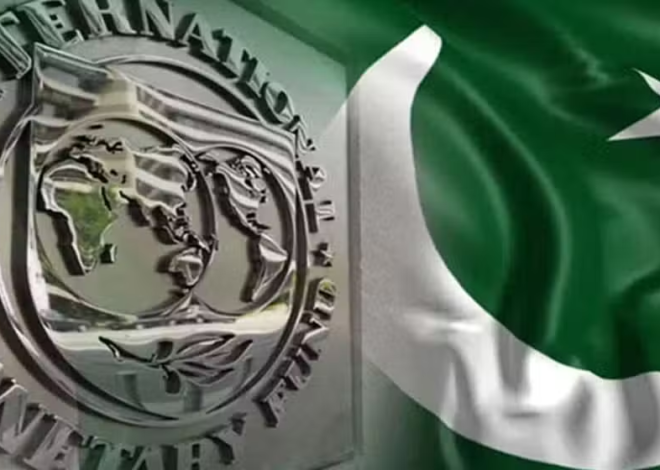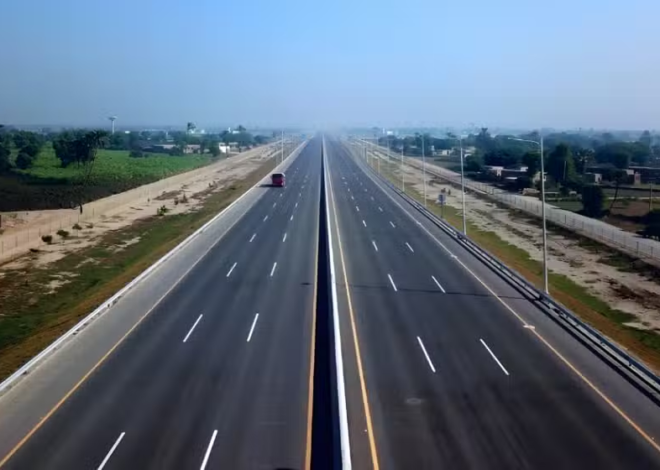
Federal Prosecutor Assigns Team to Sana Yousaf Murder Investigation
Introduction to a High-Profile Case
In a significant move underscoring the gravity of the case, a federal prosecutor has officially assigned a dedicated team to investigate the murder of Sana Yousaf, a 29-year-old woman whose death has triggered national attention and public outcry. The decision was announced following growing demands from human rights groups, the victim’s family, and a concerned public for a thorough, transparent, and impartial investigation. This development marks a pivotal turn in the case, which had seen stalled progress and increasing speculation over local law enforcement’s ability to conduct a neutral inquiry.
Background of the Incident
Sana Yousaf, a graduate student and vocal advocate for women’s rights, was found dead under suspicious circumstances near her residence in late April. Initial reports labeled her death as a potential accident, but conflicting forensic details, coupled with statements from her friends and colleagues, painted a picture that raised several red flags. Concerns began to mount over a potential cover-up, as early investigative efforts appeared inconsistent and lacking in rigor.
Her family has been vocal in asserting that Sana had received threats and had documented her fears in personal journals and communications with close friends. Despite this, local authorities reportedly delayed critical actions such as securing the crime scene and interviewing key witnesses. This sparked protests in several cities and led to trending hashtags calling for #JusticeForSana across social media platforms.
Federal Involvement and Formation of Special Team
In response to the growing unrest and the perceived inadequacy of the initial inquiry, the Federal Prosecutor’s Office stepped in. A press briefing confirmed that a special investigative team, composed of seasoned homicide detectives, cybercrime analysts, forensic specialists, and legal advisors, will now spearhead the investigation. The prosecutor emphasized that the team’s mandate is to conduct an independent and objective probe, free from local influence or interference.
The team will be led by Senior Prosecutor Miriam Elahi, known for her role in high-profile criminal cases involving political corruption and gender-based violence. Elahi stated that the team is committed to uncovering the truth and will leave “no stone unturned” in its pursuit of justice. The task force has already begun by reviewing all previous evidence, interviewing new witnesses, and conducting a fresh forensic analysis.
Digital Evidence and Surveillance Footage Review
One of the focal points of the renewed investigation is the scrutiny of digital evidence. Sana was known to be active online, and investigators are now combing through her social media accounts, emails, and private messages for leads. Additionally, the special team has requested access to surveillance footage from the surrounding area, including traffic cams and private security systems.
Sources close to the investigation suggest that early video evidence, which may have been overlooked or dismissed by local authorities, is being re-examined using advanced image enhancement technology. This includes footage from a nearby gas station that may show a vehicle of interest leaving the scene shortly before Sana’s body was discovered.
Public Reaction and Media Coverage
Public response to the federal intervention has been largely positive, with many seeing it as a necessary step toward accountability. Media coverage has intensified, with national news outlets dedicating prime segments to updates on the case. Several journalists have begun independent investigations, revealing potential links between Sana’s activism and individuals with political or business clout.
Legal experts have pointed out that the federal move sets an important precedent for future cases where local biases might obstruct justice. Human rights organizations have welcomed the assignment of the federal team but caution that justice must not only be done but be seen to be done, given the public’s loss of faith in local mechanisms.
Implications for Women’s Safety and Legal Reform
The murder of Sana Yousaf has become more than just a criminal case—it has sparked a broader dialogue about the safety of women, especially those engaged in activism. Advocacy groups are calling for systemic reforms, including better protections for whistleblowers and activists, improvements in how gender-based violence is addressed by law enforcement, and stricter oversight mechanisms to prevent investigative negligence.
Lawmakers have taken note, with several members of parliament introducing proposals to enhance the role of federal oversight in certain types of cases, particularly those involving marginalized voices. The results of the federal investigation could therefore have long-lasting implications beyond the immediate case.







